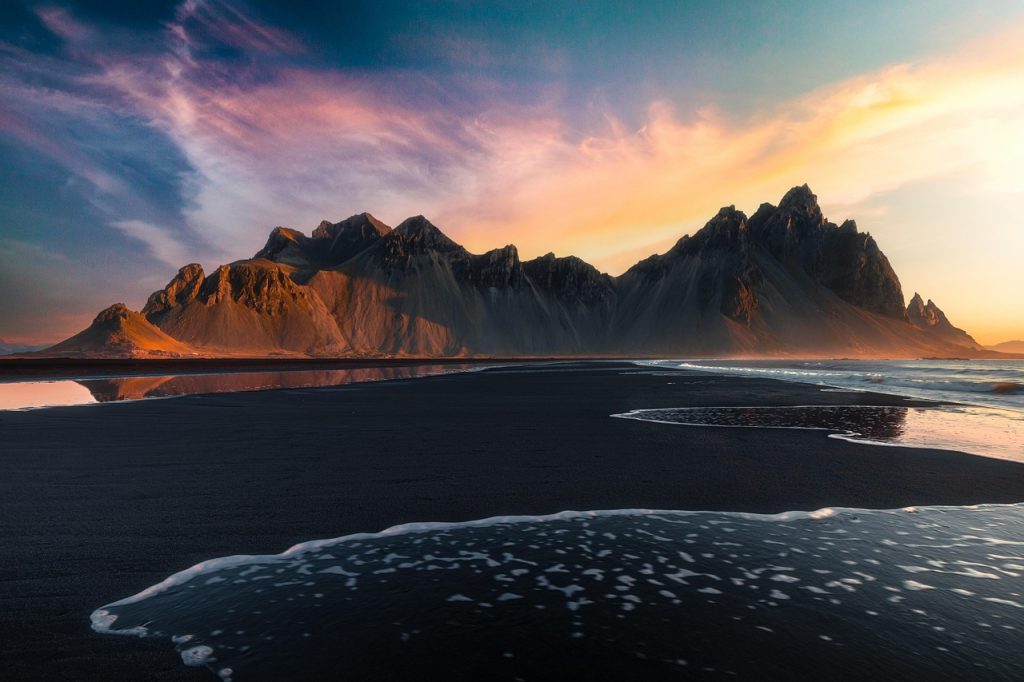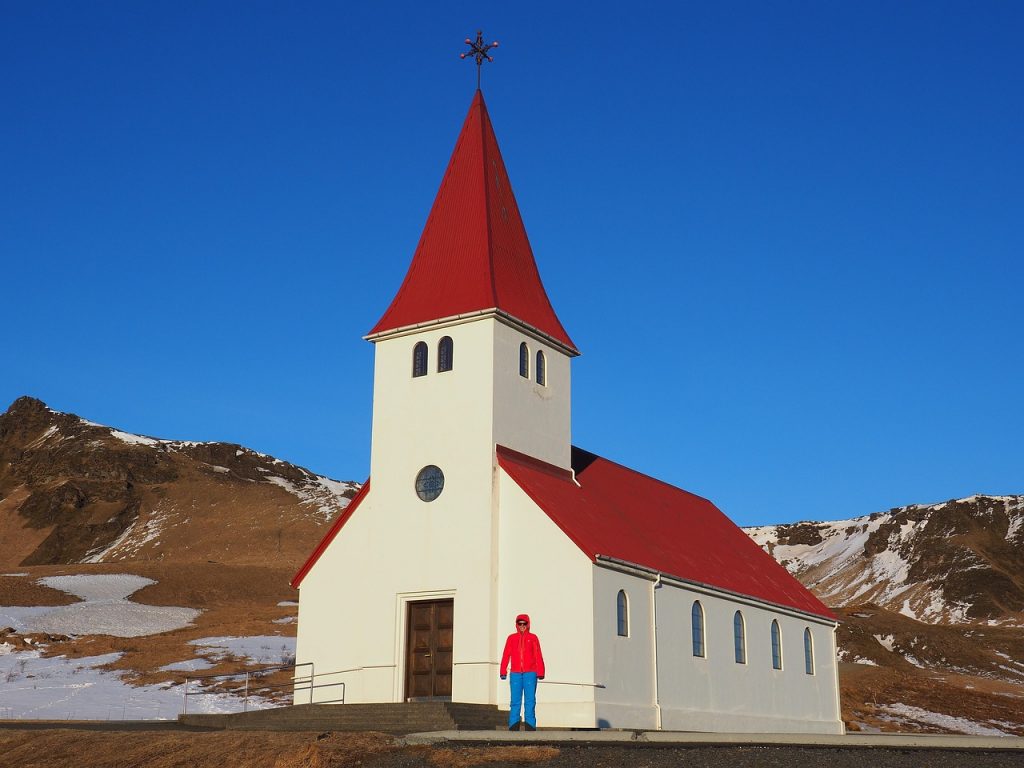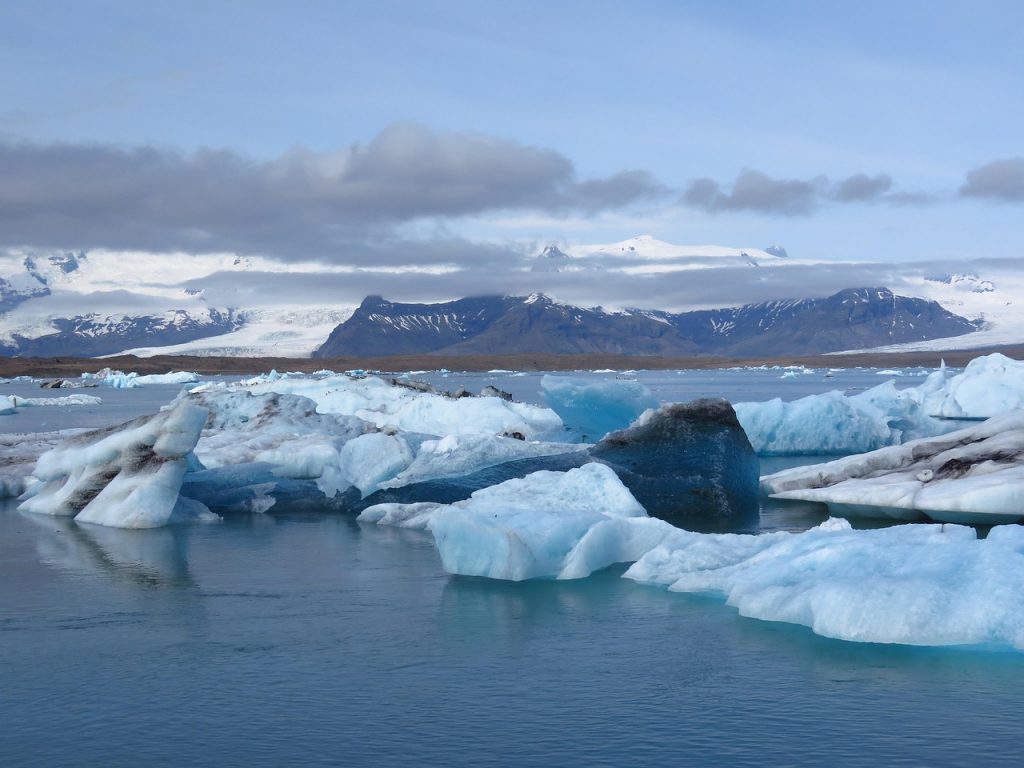In recent years, sustainable tourism has grown from a marginal concern to a central issue for the travel industry. As the world becomes increasingly aware of the environmental impact of tourism, travelers are increasingly seeking destinations that prioritize sustainability. One country that regularly stands out for its eco-friendly initiatives and commitment to sustainable tourism is Iceland .
 A country with stunning natural landscapes, known for its volcanoes, glaciers, and geothermal wonders, Iceland has embraced sustainability as a way to preserve its unique environment while welcoming travelers. Through efficient energy practices and responsible tourism initiatives, Iceland is showing the world how sustainable tourism can be both impactful and rewarding. Let's explore how this Nordic nation is leading the charge for the future of sustainable tourism.
A country with stunning natural landscapes, known for its volcanoes, glaciers, and geothermal wonders, Iceland has embraced sustainability as a way to preserve its unique environment while welcoming travelers. Through efficient energy practices and responsible tourism initiatives, Iceland is showing the world how sustainable tourism can be both impactful and rewarding. Let's explore how this Nordic nation is leading the charge for the future of sustainable tourism.
1. Iceland's commitment to renewable energy

Iceland is known for its vast natural resources, particularly its geothermal energy. The country generates almost 100% of its electricity from renewable sources, with the majority coming from geothermal and hydroelectric power . This commitment to green energy is a key part of Iceland's sustainable tourism strategy.
- Geothermal energy Iceland is a world leader in geothermal energy production. Its volcanic terrain provides an abundant source of geothermal heat, used to generate electricity and heat homes, hotels, and even outdoor pools.
- Sustainable infrastructure : Many accommodations and attractions in Iceland run on renewable energy. For example, the spa Blue Lagoon and the public transport system of Reykjavik use geothermal energy, thus significantly reducing their carbon footprint.
For travelers looking for a sustainable destination, Iceland are a model of how eco-friendly infrastructure can enhance the tourism experience without sacrificing comfort or convenience.
2. Responsible tourism: protecting Iceland's natural wonders

Iceland's tourism industry is closely linked to its natural beauty. To protect its unique landscapes, the country has taken significant steps to promote responsible tourism . Icelandic authorities have implemented a series of initiatives to ensure that the tourism industry does not overburden its fragile ecosystems.
- Tourism management : The Icelandic government, in collaboration with private tourism operators, is working to limit overcrowding at popular attractions, such as the Golden Circle and the Jökulsárlón glacial lagoon, through reservation systems and visitor limits.
- Eco-responsible accommodation : Many hotels and guesthouses in Iceland are certified eco-responsible, meeting strict standards for sustainable construction and energy efficiency.
By balancing tourism and conservation, Iceland is showing the world that it is possible to reap the economic benefits of tourism while preserving the beauty of the planet.
3. Sustainable cuisine and local ingredients
Iceland's culinary scene is another excellent example of its commitment to sustainability. The country prioritizes the use of local, organic produce and sustainable fishing practices, which plays a vital role in reducing its carbon footprint and supporting the local economy.
- Local ingredients Icelandic cuisine relies on local produce, seafood, and dairy products. The cold climate of Iceland limits the types of crops that can be grown, but the country has developed innovative agricultural practices, such as greenhouse agriculture powered by geothermal energy. These greenhouses allow the cultivation of fresh vegetables year-round, reducing the need for imported products.
- Sustainable fishing : Iceland is recognized for its sustainable fishing practices. The country has one of the most ecological fisheries in the world, respecting strict regulations that prevent overfishing and protect marine ecosystems.
When traveling to Iceland, it's recommended to explore local dining experiences, from farm-to-table restaurants to tours of local farms and sustainable fisheries . These practices not only ensure that tourists enjoy fresh and delicious produce, but also support Iceland to sustainability.
4. Preserve wildlife and biodiversity
In addition to protecting its natural landscapes, Iceland is also committed to preserving its wildlife and biodiversity. The country's unique ecosystems, including glaciers, volcanic fields, and coastal regions, are home to many endangered species.
- Whale Watching : Iceland is one of the best places in the world forwhale watching, and the country has taken significant steps to ensure this activity is carried out responsibly. Icelandic tour operators work closely with environmental organizations to ensure that whale watching does not disrupt the natural behavior of whales and other marine life.
- Wildlife protection : The Icelandic government enforces strict regulations regarding hunting and fishing, ensuring that endangered species are protected. Iceland also has several national parks and wildlife reserves, such as the Thingvellir National Park, where visitors can observe flora and fauna in their natural habitat.
For environmentally conscious travelers, experiencing Icelandic wildlife through sustainable practices offers an opportunity to engage with nature in a respectful and responsible way.
5. The Icelandic people's commitment to sustainability
Iceland 's greatest assets in its efforts toward sustainable tourism is its people. Icelanders have a deep connection with their environment, and this connection is reflected in their efforts to preserve their land for future generations.
- Education and awareness : Icelandic schools teach sustainability from a young age, ensuring that the next generation is educated on the importance of environmental management.
- Community involvement : Iceland's small but very engaged population is actively involved in sustainability initiatives, ranging from cleaning projects to green tourism initiatives.
When you travel to Iceland, you're not only supporting a country that values sustainability, you're also engaging with a community dedicated to making the world a greener and more responsible place.
Conclusion: Iceland and the Future of Sustainable Tourism
Iceland is a prime example of how a country can successfully develop an environmentally friendly tourism sector while preserving its natural resources and supporting its local communities. From renewable energy to responsible tourism management, Iceland demonstrates that sustainable tourism is not only possible, but also beneficial for travelers and local communities.
If you're ready to experience an unforgettable Icelandic adventure while supporting sustainable tourism, book your trip to Iceland with Your Local Eye . Discover eco-friendly experiences and authentic local treasures to explore the land of fire and ice responsibly. 🌱

